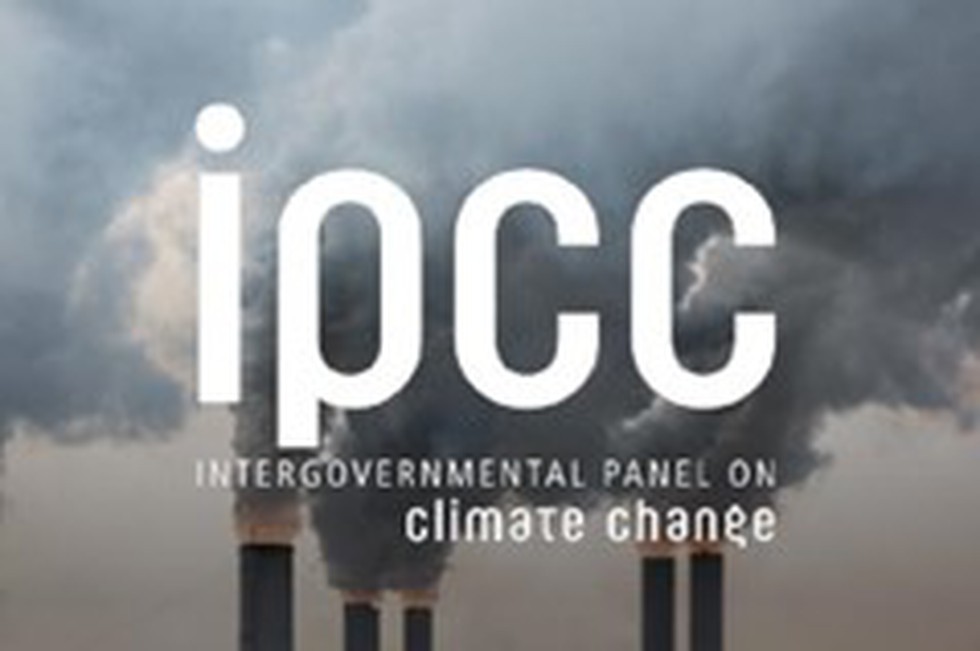About Intergovernmental Panel on Climate Change (IPCC):
- The IPCC is the United Nations body for assessing the science related to climate change.
- It was established by the World Meteorological Organization (WMO) and the United Nations Environment Programme (UNEP) in 1988.
- Membership: It has 195 Member countries.
- Objective: To assess scientific, technical, and socio-economic information relevant to the understanding of human-induced climate change, potential impacts of climate change, and options for mitigation and adaptation.
- The main activity of the IPCC is the preparation of reports assessing the state of knowledge of climate change. These include assessment reports, special reports and methodology reports.
- The assessment reports are a key input into the international negotiations to tackle climate change.
- The IPCC does not itself engage in scientific research. Instead, it asks scientists from around the world to go through all the relevant scientific literature related to climate change and draw up logical conclusions.
- What are the IPCC working groups? It comprises three working groups, which focus on different aspects of climate science and climate change response.
- Working Group I: looks at the physics of climate change;
- Working Group II: examines climate change impacts and adaptation;
- Working Group III: focuses on climate change mitigation;
- The three working groups release separate reports, which are then compiled into a synthesis report.
